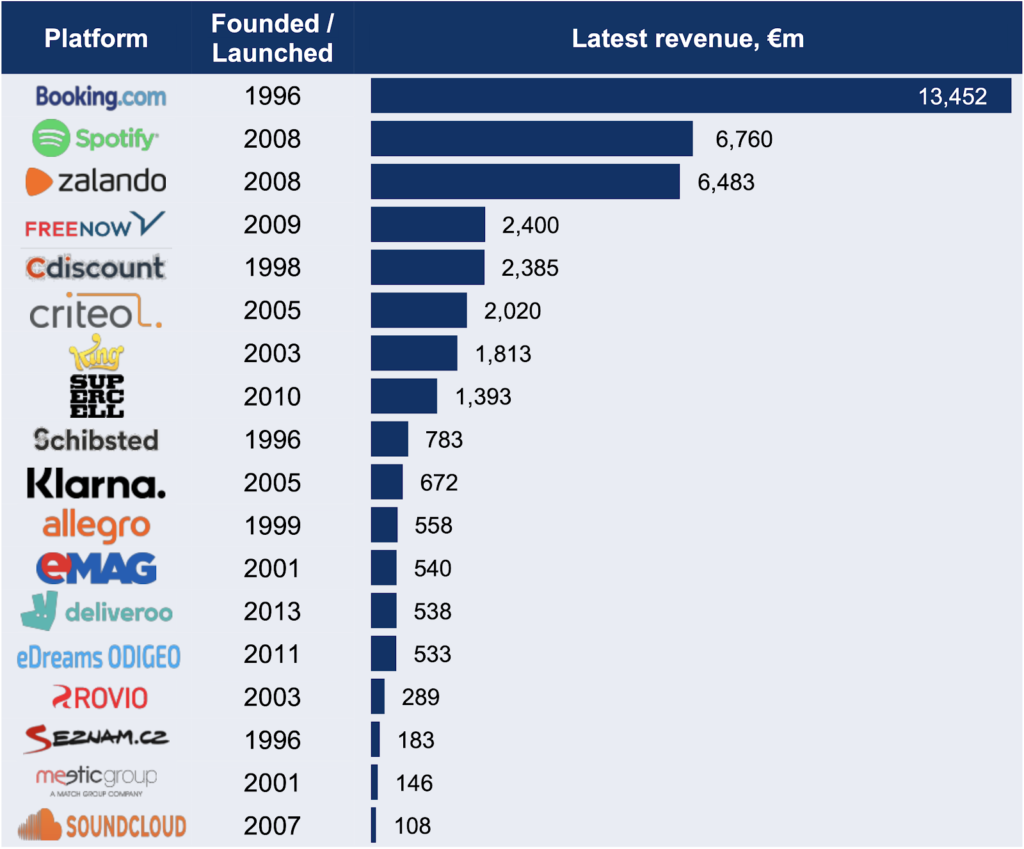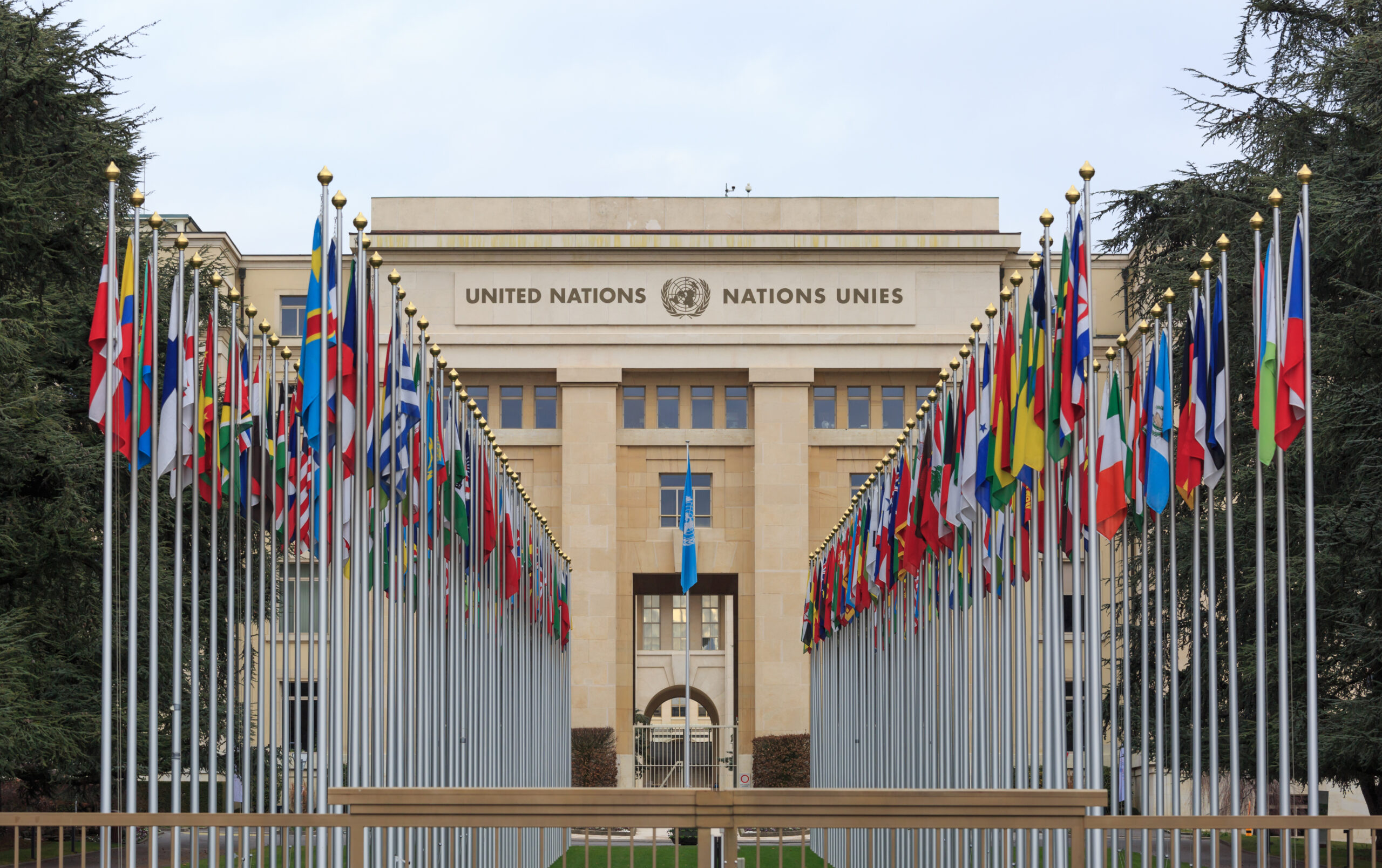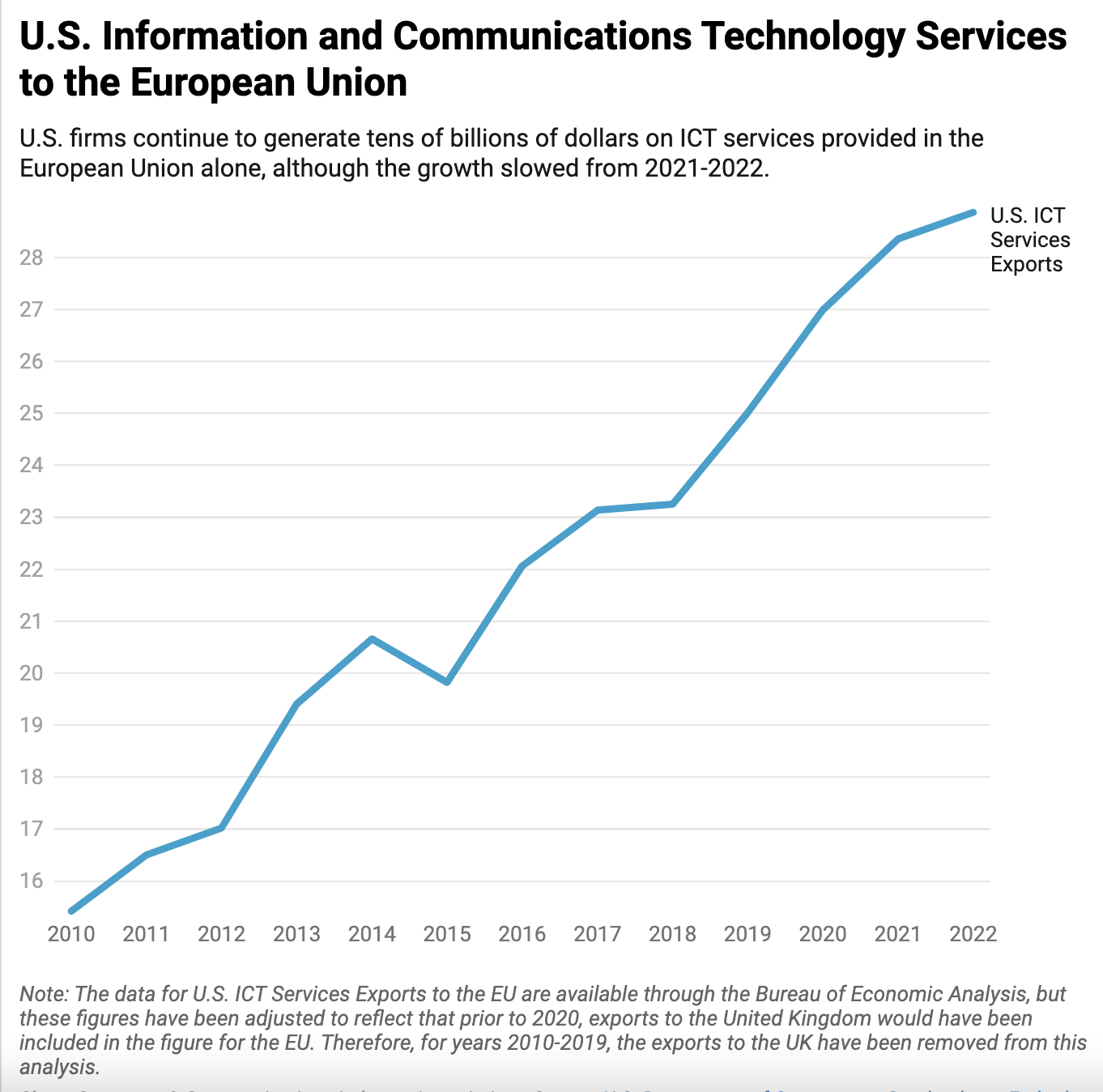How the EU’s new Digital Services Act can help build trust and tackle illegal content
Next week the European Commission is slated to present its much anticipated Digital Services Act (DSA). The new rules will define the framework within which digital services operate and moderate content in the European Union (EU) for years to come.
To get a better understanding of how digital services weave into Europe’s economy and society we asked Oxford Economics to investigate this further. Their report, accessible here, is well worth a read, but here are a few of the main findings:
Massive increase in digital services in Europe
The provision of digital services is expanding rapidly in Europe. There are today more than 10,000 high-growth online platforms in Europe, an increase of more than 40% since 2018. Several platforms have become household names across the EU and some globally.
Digital services enable cross-border trade within the EU single market and beyond
As well as benefiting consumers, these platforms help businesses find their customers online (which is extra useful during lockdowns). Digital services reduce barriers to entry for small and medium-sized enterprises (SMEs), enabling them to immediately access infrastructure and customers at much lower costs than with more traditional business models. They also facilitate cross border trade. For instance, in the EU, 98% of eBay’s small businesses are exporters and two-thirds of them export to more than 10 EU markets.
Digital services take action against bad actors
It is perhaps not surprising that bad actors seek to exploit online systems. Digital services providers recognise this challenge and have responded with a range of initiatives to address these issues. Platforms remove millions of pieces of illegal content every year, in many cases they proactively remove material before it is reported by users. For instance, YouTube reported that between July and September 2020, it removed 7.9 million problematic videos. Of these, 43% had not been viewed, and 76% had received fewer than 11 views.
Despite these efforts, a lack of a coherent EU-wide approach to illegal content has caused serious issues to date. It has meant fragmentation within the EU internal market, as 27 different countries take different steps to deal with illegal online content. Furthermore, some action that has been taken by individual states has put EU fundamental rights at risk. One country’s hate speech law was, for instance, struck down by the country’s Constitutional Court earlier this year.
Increasing online trust and better handling of illegal content through the DSA?
This DSA can be an opportunity to create a better functioning EU digital single market, provide clarity on digital intermediaries’ responsibilities, and safeguard online rights.
The DSA can deliver real value to Europeans by harmonising rules to help create a single set of rules for the entire EU Single Market. This can be achieved through a strong ‘country of origin’ principle, meaning that a company can access the whole single market under the rules of the EU country in which it is established, instead of having to comply with 27 different national rules.
Harmonisation not only helps businesses, but can also protect consumers. Harmonisation of ‘notice-and-takedown’ procedures, for example, can improve the quality of the notices received from consumers, companies, and national authorities to enable digital services to be more effective in their take-downs.
In its approach to illegal content, policymakers will have to balance the new obligations with EU fundamental rights, including the freedom of speech. To do so, policymakers do not need to start from zero. Instead, they can build on existing frameworks which help protect individuals’ rights.
There appears to be a general consensus to maintain some of the core principles of the EU’s e-Commerce Directive, the DSA’s predecessor. However, to strengthen trust online, online intermediaries should be encouraged to act responsibly in tackling illegal content, products or conduct. Digital service providers should have the opportunity to take voluntary measures tackling problematic content, products or conduct without being penalised for their good faith efforts.
To build a safe Internet, safeguard online rights and unlock the benefits in Europe, EU policymakers should put forward horizontal, principle-based rules for digital service providers that tackle illegal content, products and conduct. The DSA could, in a second phase, be supplemented with targeted measures tackling specific concerns. What must be avoided is an uneven system that applies different rules to different digital services. That would open the door for bad actors to simply migrate to the digital services that are exempted from measures under the new legislation.
Hopefully, the DSA will be as future-proof as its 20 year old predecessor. At a minimum, it should ensure that Europeans can continue to enjoy all the economic and social benefits of digital services well into the future.











